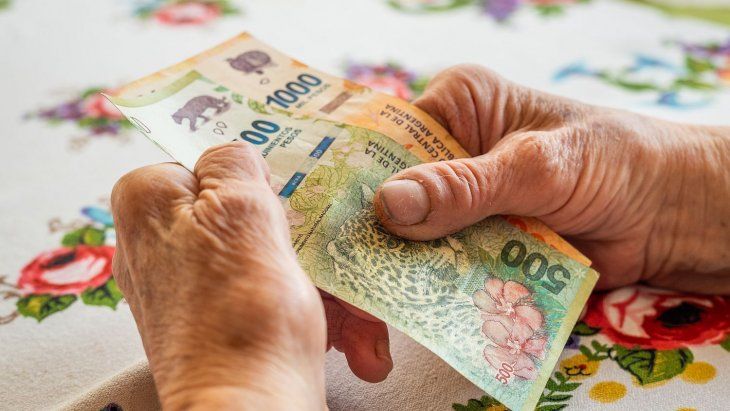At the moment no option is ruled out, including replacing the formula that was in force.
The Government took a step in the last few hours towards an agreement in principle with the “dialogue” opposition after incorporating a series of corrections in the most critical points of the omnibus bill being debated in the Chamber of Deputies. One of the central points in the way in which pensions will be updated.
The content you want to access is exclusive to subscribers.
Among the changes, which had been a sine qua non condition that the UCR, We Make Federal Coalition and Federal Innovation, had proposed to accompany the ruling party’s ruling, is the reduction from 2 to 1 year of the powers delegated to the Executive Branch with a greater restriction of declared emergencies, the implementation of a new retirement mobility formula tied to the inflation rate (or directly the withdrawal of that article to discuss it later in a separate regulation).


Also among the modifications is the removal of YPF from the list of public companies declared subject to privatization, the reduction to zero of export duties applied to regional economies, and the archiving of the electoral reform due to uninominality of jurisdiction.
The opposition had asked the Government to also agree to limit the approach of the initiative to the chapters linked to the economic emergency, but in that regard it remained firm and left in place the changes in Justice, Education, Culture, Science, Health and even the elimination of STEP.
anses-beneficios.jpg

But one of the most conflictive points is the formula by which pensions will be updated, and social benefits linked to that index, such as the Universal Child Allowance (AUH).
What does the omnibus law propose regarding the assets of retirees?
The bill sent by the president Javier Milei suspends the current system and seeks to replace the quarterly update formula (which takes 50% of the ANSES collection and 50% of the salary variation) with a new modality of adjustments by decree.
It will be automatically periodic and the text mentions that “criteria of equity and economic sustainability” will be taken into account. In addition, it proposes that the increases not be the same for everyone.
pesoss-billetes-jubilados.jpg

Depositphotos
The “dialogue” sectors of the opposition, among whom are mainly the spaces that make up Together for Change, would bring to the ruling party a proposal to update pensions on a monthly basis and by inflation measured by the INDEC in the Price Index to the consumer.
The Government assures that the intention is that the lowest pensions do not lose purchasing power. However, it does not clarify what will happen to the rest. Adjusting for inflation would not be the preferred option for the Executive, which seeks to balance the accounts by cutting spending.
At the moment no option is ruled out, including replacing the formula that was in force.
Source: Ambito




